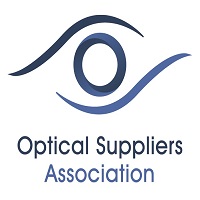Optometrists, Dispensing Opticians, and OMPs
Registered Opticians are governed by statutory law under the auspices of the General Optical Council. All professionals have undertaken a lengthy training process to degree level and have also had to complete further professional examinations before being permitted to practise. Furthermore the Council imposes rigorous compulsory training during an opticians’ career as well as severe sanctions on those it deems to be unfit to practice. This is your guarantee that eyecare in the UK is providing the safest and most thorough service in the developed world but of course it is only available from registered opticians. Only registered opticians are highlighted in our Find my Local Optician area.
Optometrists (orig. Ophthalmic Opticians)
test sight, examine the eye and prescribe and dispense spectacles and contact lenses. Trained to recognise disease and abnormality in the eye they are the main referral route to the Hospital Eye Service. Many now provide additional services under the auspices of hospitals providing easy access on the high street for care in Glaucoma, Diabetes and Cataracts. They are soon to extend their capabilities by prescribing pharmaceutical products for low level eye infections.
Dispensing Opticians
dispense, fit and supply spectacles and some undertake further training to fit contact lenses. It is the Dispensing Opticians role to interpret the prescription into a suitable spectacle or contact lens to suit your lifestyle needs and to ensure these are made to a regulated standard by the optical manufacturer. Successful dispensings occur where there is a team effort from the optometrist and the dispenser working for the customer. Problems can occur when the two become disconnected when spectacles are made at a different place to where the sight test was carried out.
Ophthalmic Medical Practitioners
are doctors who specialize in eyecare. There are now very few working in practice, their greater skills being needed in the secondary care sector.



















